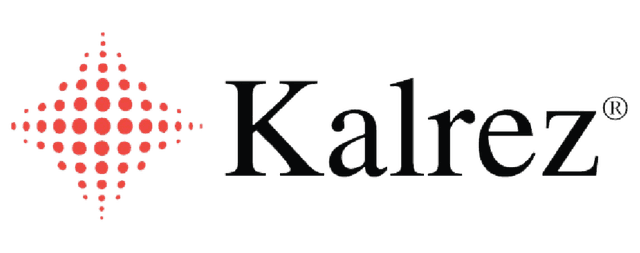
Mil-Spec (Military Specification) Elastomeric Materials
Mil-spec (Military Specification) elastomeric materials are engineered to meet the stringent requirements of military and defense applications. These materials undergo rigorous testing to ensure they provide superior performance in extreme environments, offering enhanced durability, chemical resistance, and temperature stability. Mil-spec elastomers are designed to meet specific military standards, such as MIL-DTL, MIL-PRF, and MIL-R specifications, ensuring they are reliable and compliant with military and defense industry demands.
Mil-Spec silicone, EPDM, Viton, CanRez® FFKM and Kalrez® O-rings, gasket rapid manufacturing, & custom molded parts are available now!
Check with one of Canyon’s helpful product engineers for an expert material and manufacturing recommendation.
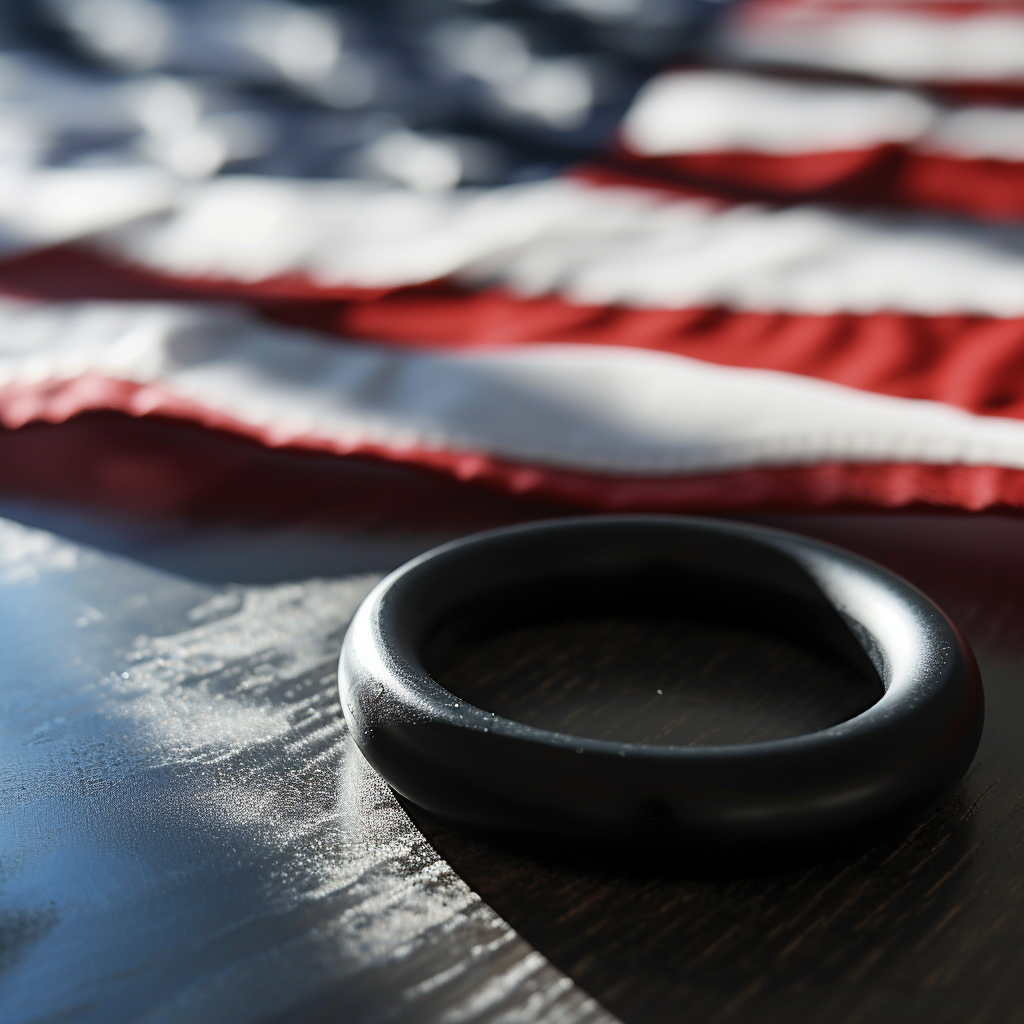
Features of Mil-Spec Elastomeric Materials
Mil-spec elastomeric materials are characterized by their ability to withstand harsh conditions and demanding applications. Key features include:
- High Temperature Resistance: Mil-spec elastomers are designed to perform in extreme temperature ranges, from sub-zero conditions to temperatures exceeding 200°C, ensuring performance in diverse environments.
- Chemical Resistance: These materials provide excellent resistance to a wide range of chemicals, including oils, fuels, hydraulic fluids, and corrosive agents, making them ideal for military applications.
- Durability and Longevity: Mil-spec elastomers are engineered to withstand physical wear, impact, and environmental stress, providing long-lasting performance in critical military systems.
- Abrasion and Tear Resistance: Mil-spec elastomers offer high resistance to abrasion, tearing, and mechanical stress, ensuring reliable performance in harsh field conditions.
- Environmental Resistance: These materials are designed to resist degradation from environmental factors such as UV radiation, ozone, and moisture, providing dependable performance in outdoor and battlefield conditions.
Common Applications of Mil-Spec Elastomeric Materials
Mil-spec elastomeric materials are used in a wide range of defense and military applications due to their high performance and reliability:
- Seals and Gaskets: Mil-spec elastomers are commonly used in seals and gaskets for military vehicles, aircraft, and equipment to provide reliable sealing in extreme environments, such as engines and fuel systems.
- O-Rings: O-rings made from Mil-spec elastomers are used in military hardware, such as tanks, aircraft, and naval vessels, where fluid and chemical resistance is critical for operational safety.
- Vibration Dampening Components: These elastomers are used in vibration dampening applications to reduce noise, vibration, and harshness (NVH) in military vehicles and machinery.
- Fuel and Hydraulic System Components: Mil-spec elastomers are found in fuel hoses, hydraulic seals, and diaphragms, ensuring compatibility with military-grade fuels, oils, and hydraulic fluids.
- Protective Coatings and Liners: In military environments, Mil-spec elastomers are applied as protective coatings or liners in equipment to protect against chemical exposure, corrosion, and environmental degradation.
Please consult a Canyon Components Engineer about your specific application and we will use our decades of experience to formulate a solution that fits your need.
MIL Spec Materials Available
This table shows many of our standard materials and links out to our O-ring store. Get in touch with us if you need a custom gasket, custom molded part, or non-standard geometry!
Filter by
Temperature Search (°C)
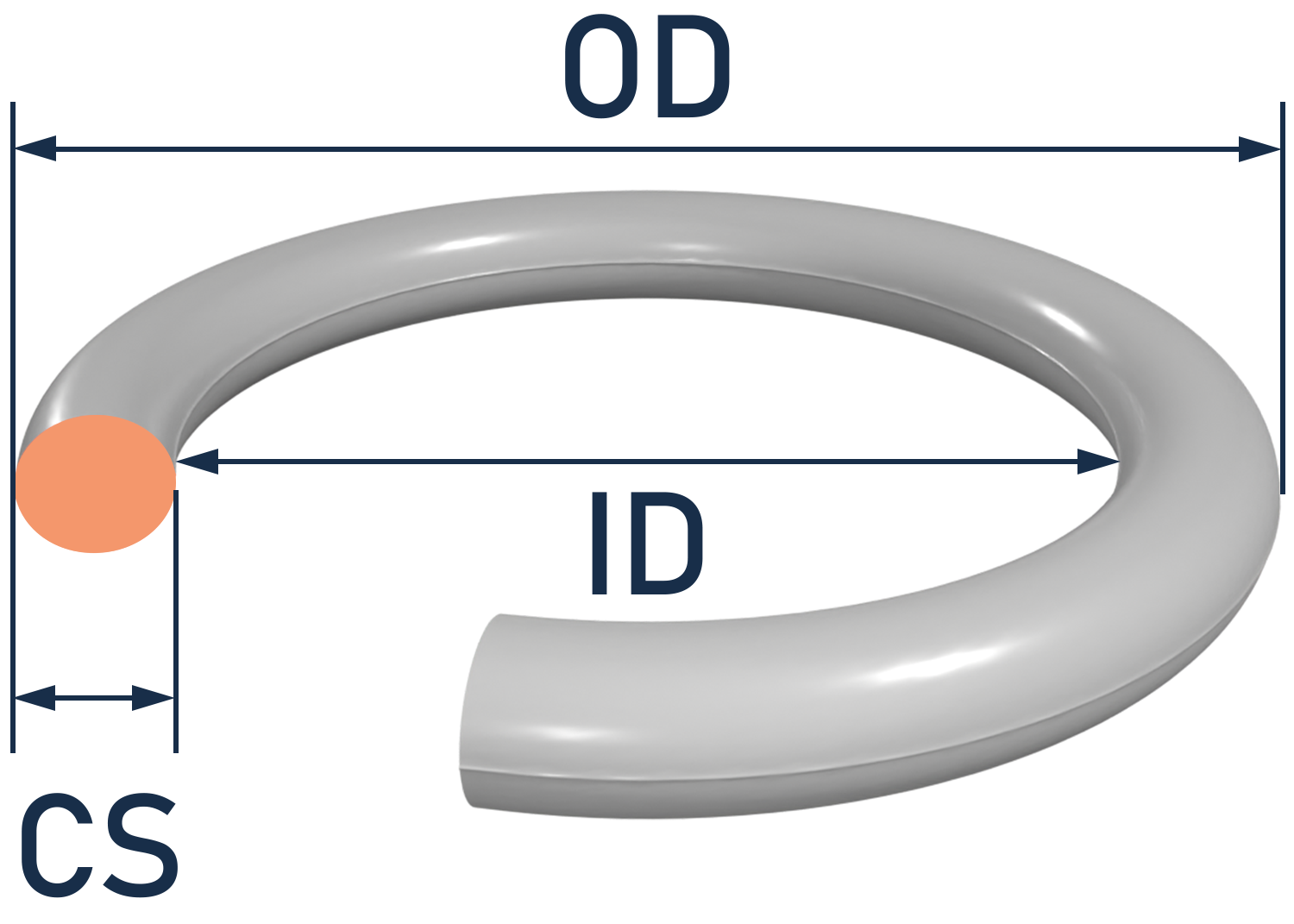
Get a Quote Now!
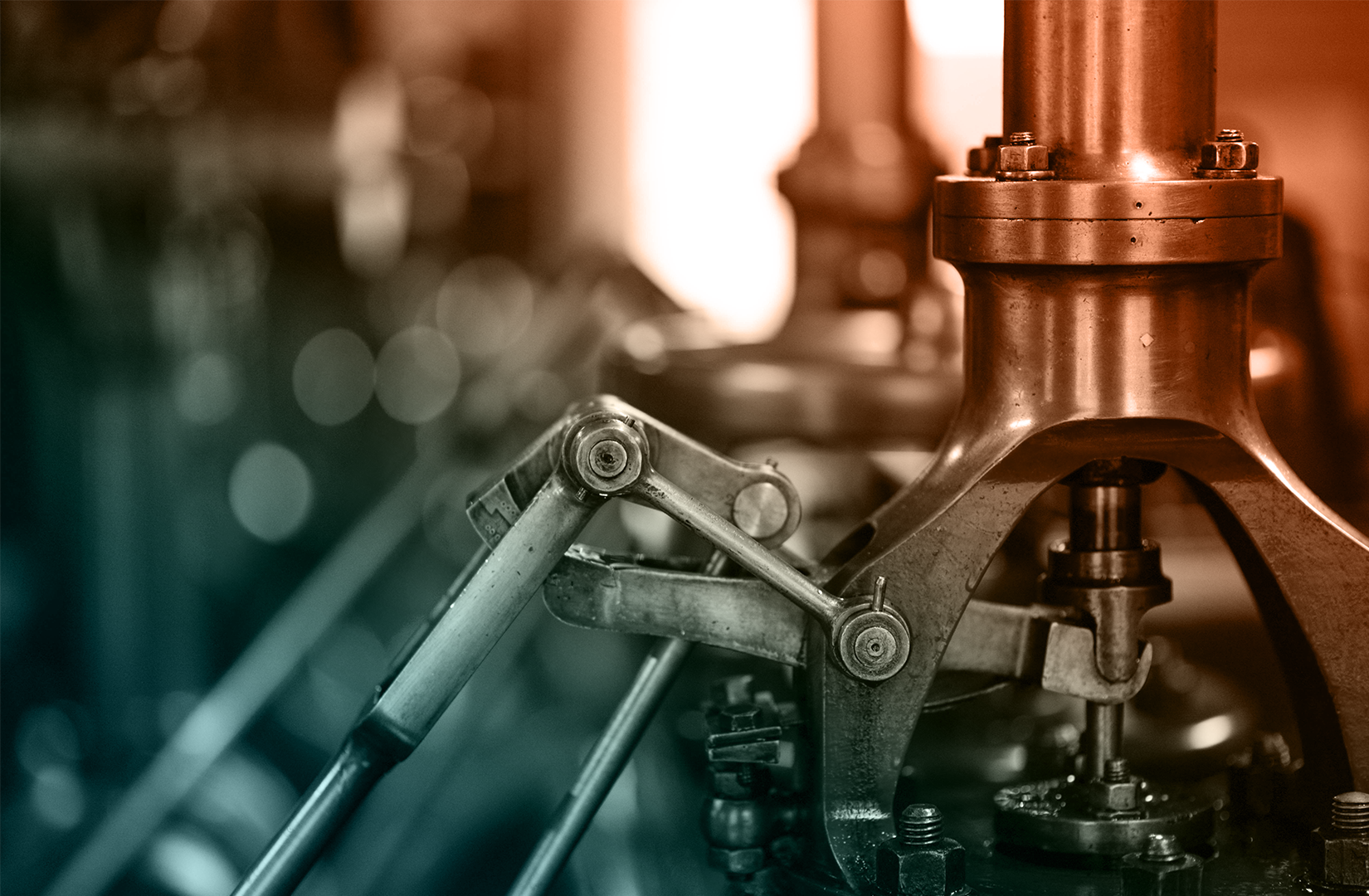
Mil-Spec Materials
CanRez™ FFKM Perfluoroelastomer
Extreme temperatures & chemicals require extreme solutions! Mil-Spec CanRez™ FFKM materials offer extreme reliability where you need it most! Thousands of sizes in stock now!
Kalrez® FFKM Perfluoroelastomer
Canyon Components offers Military Grade Kalrez® Perfluoroelastomer (FFKM) O-rings, gaskets, & custom molded parts at competitive prices and with great lead-times.
Mil-Spec Parker® O-rings, Parofluor parts, parker FKM Viton
Canyon Components offers Mil-Spec Parker Hannifin® O-rings, Gaskets, Mil-Spec Perfluoroelastomer (FFKM) parts, & custom molded parts at competitive prices and with great lead-times.
FKM (Viton®, Fluorocarbon)
Mil-Spec FKM compounds, O-rings, gaskets, & custom molded parts exhibit excellent mechanical attributes as well as excellent resistance to high temperatures, mineral oil, ozone, fuels, hydraulic fluids, and many other solvents and chemicals.
Aflas® (TFE/P)
Mil-Spec TFE/P (Aflas) compounds, O-rings, gaskets, & custom molded parts gives high resistance to steam, hot water, atmospheric wear, and many chemicals. TFE/P compounds provide superior performance in water, steam and virtually all caustic chemicals.
Fluorosilicone (FVMQ)
The mechanical and physical properties of Mil-Spec Fluorosilicone O-rings, gaskets, & custom molded parts are very similar to silicone. Fluorosilicone O-rings, gaskets, & custom molded parts offer improved flexibility and strength, better resistance to fuels and mineral oil, but reduced hot air resistance.
Silicone (VMQ, PVMQ)
Mil-Spec Silicone seals, O-rings, gaskets, & custom molded parts are excellent for extreme temperatures in static applications. Canyon Components carries a range of silicone materials, and we are happy to custom tailor a seal to meet your application requirements!
EPDM (Ethylene Propylene)
Mil-Spec EPDM materials, O-rings, gaskets, & custom molded parts can operate over a wide temperature range, and are compatible with glycol fluids that cause problems for most typical elastomeric seals.
NBR (Nitrile, Buna-N)
Mil-Spec Nitrile O-rings, gaskets, & custom molded parts are very oil-resistant, have strong mechanical properties, are resistant to wear, and are relatively inexpensive. These properties make Nitrile the most commonly used general purpose O-ring, gasket, & custom molded part material.
HNBR (Hydrogenated Nitrile)
Mil-Spec Hydrogenated Nitrile O-rings, gaskets, & custom molded parts offer higher strength and reduced degradation at high temperatures compared to conventional Nitrile materials. These properties make HNBR materials popular in the oil and gas industry, as well as many applications in the chemical industry.
XNBR (Carboxylated Nitrile)
Mil-Spec XNBR O-rings, gaskets, & custom molded parts are similar to Nitrile, but the backbone has been chemically modified with a Carboxylic Acid group. The resulting elastomer is a Nitrile rubber with outstanding abrasion and chemical resistance, superior to that of traditional Nitrile.
Neoprene (CR)
Chloroprene was the first synthetic rubber, and was developed commercially under the name Neoprene®. Mil-Spec Chloroprene rubbers, O-rings, gaskets, & custom molded parts contain Chlorine in the polymer to reduce the reactivity to many oxidizing agents, as well as to oil and flame.
Polyurethane (PU, AU)
Mil-Spec Polyurethane O-rings, gaskets, & custom molded parts generally have two or three times greater tensile strength and wear resistance than Nitrile and comparable polymers. Polyurethane also provides excellent permeation resistance when compared to most rubbers.
Spring Energized Seal (SES)
The harshest environments require specialized solutions. Often times, a Canyon Components Mil-Spec Spring Energized Seal (SES) will be needed. SES are typically formatted in a multi-piece assembly consisting of a polymeric sealing component that is wrapped around a spring energizer.
Specialty Manufactured Elastomers
Materials for Military, Aerospace, & Automotive
Explore materials for military, aerospace, and automotive: designed for strength, precision, and durability under extreme conditions.
Specialty Compliances
Canyon have materials available for O-rings, gaskets, & custom parts with compliances ranging from USP Class VI <87> & <88> for medical applications, to FDA CFR 21.177.2600 grades A through F for different food types, to the various drinking water specifications like KTW and NSF. Whether it's metal, rubber, or plastic, Canyon can meet your needs!
Custom Parts
Here at Canyon Components, we make sure to offer our customers any manufacturing technique they desire. Whether your clean room manufactured O-rings, gaskets, & custom molded parts be rubber, plastic, or metal, rest assured that Canyon Components can make it!
Mil-Spec Plastics
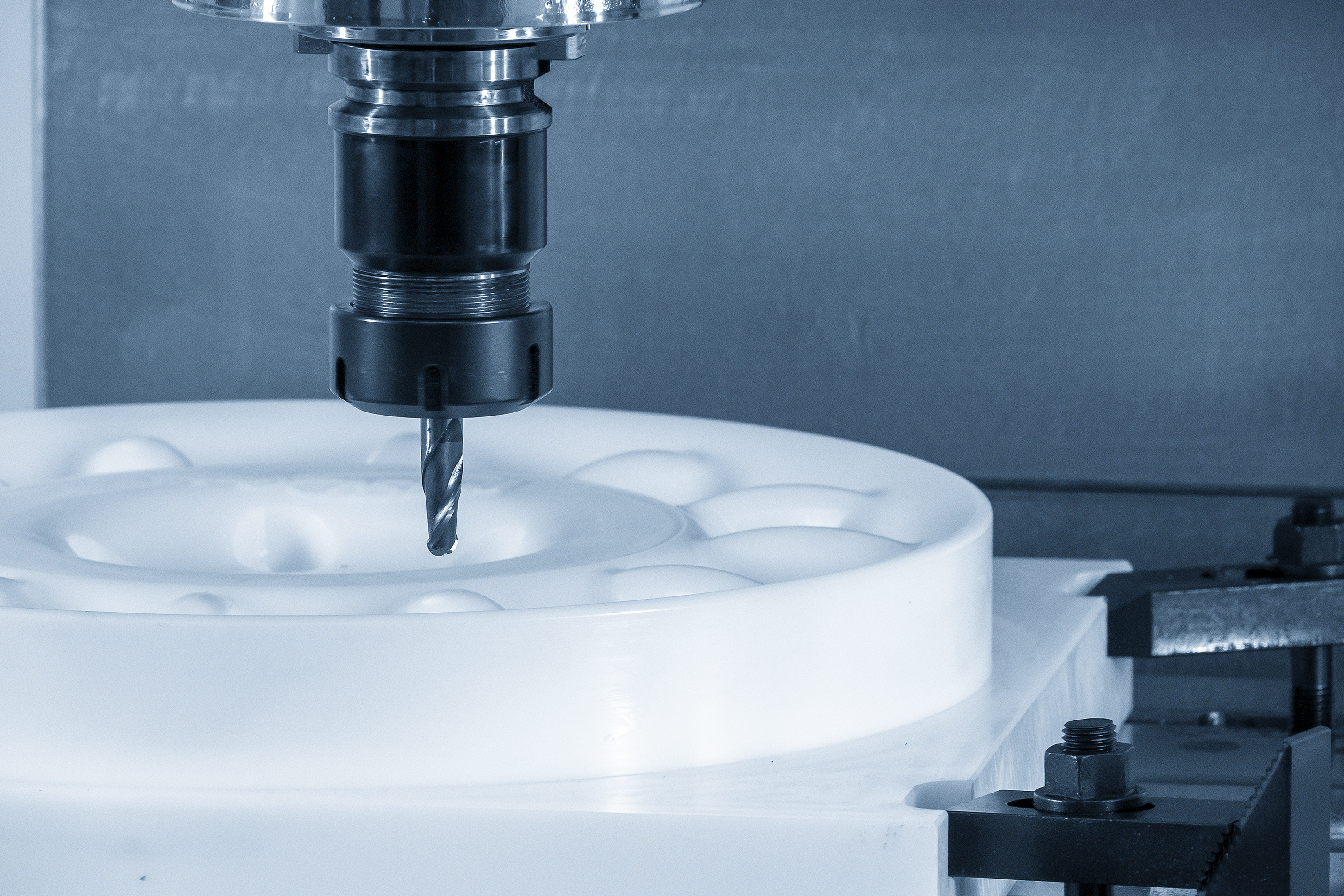
Differences Between MIL-R, MIL-PRF, MIL-DTL, MS, AS, NAS, ZZ, and A-A
Mil-spec elastomeric materials fall under various military standards, each serving a different purpose. Here are the distinctions between the most common specifications:
- MIL-R (Military Specification - Rubber): Standards like MIL-R-7362 cover specific requirements for rubber compounds, focusing on physical properties such as hardness, tensile strength, and elongation. These specs ensure the rubber material meets durability standards for military environments.
- MIL-PRF (Military Performance Specification): MIL-PRF-3065, for example, emphasizes performance-based requirements. Instead of focusing strictly on material properties, MIL-PRF specifications ensure the material meets operational performance standards in real-world conditions.
- MIL-DTL (Military Detail Specification): Specifications like MIL-DTL-25988 offer detailed requirements for elastomers, including material properties, manufacturing methods, and testing protocols. MIL-DTL combines detailed material guidelines with performance criteria.
- MS (Military Standard): MS29513 sets standards for specific parts and components, such as O-rings, ensuring interchangeability and uniform performance across military systems. MS standards focus on the dimensions and performance characteristics of elastomeric parts.
- AS (Aerospace Standard): AS3578 covers aerospace O-rings and sealing systems, focusing on the dimensions, material, and performance needed in aerospace applications, which typically require high resistance to environmental extremes.
- NAS (National Aerospace Standard): NAS1613 outlines specifications for aerospace hardware, including elastomeric materials used in seals, gaskets, and O-rings. These standards emphasize the performance and material compatibility required in aerospace systems.
- ZZ (Federal Specification - Rubber): ZZ-R-765 provides federal standards for rubber materials, including testing protocols and material performance criteria for various elastomers used in both military and civilian applications.
- A-A (Commercial Item Description): A-A-59588 offers simplified, performance-based specifications for commercial rubber products that still need to meet certain government performance criteria. This specification streamlines material selection while maintaining necessary performance standards.
Difference Between MIL and AMS Specifications
While both MIL and AMS (Aerospace Material Specifications) are used to govern material standards, they serve different industries and have distinct focuses:
- MIL Specifications (MIL-spec): These are military-specific standards and are tailored to meet the unique needs of defense and military applications. MIL-spec materials must adhere to strict durability, performance, and environmental resistance criteria necessary for mission-critical applications. These specifications focus on materials for defense-related vehicles, equipment, and systems.
- AMS Specifications: AMS standards are designed for the aerospace industry. These standards ensure that materials used in aircraft and spacecraft meet the stringent requirements of the aerospace sector, including temperature resistance, durability, and low outgassing. AMS materials are often used in high-performance, lightweight components designed for flight and space environments.
In essence, MIL-spec materials are focused on military needs, while AMS standards cater to the aerospace industry’s requirements, although there can be overlap in certain high-performance applications.
QPL (Qualified Products List) for Mil-spec Elastomeric Materials
The Qualified Products List (QPL) is a critical part of the Mil-spec certification process. It is a list of pre-approved materials, components, or products that have been rigorously tested and certified to meet specific military standards. Manufacturers who supply elastomeric materials for military applications must have their products qualified by the appropriate military authority and listed on the QPL to be eligible for use in defense systems.
- Pre-Qualification Process: Before a product can be used in a military application, it must undergo testing to ensure it meets the specific Mil-spec standards, such as MIL-R or MIL-PRF. Once approved, the product is added to the QPL, streamlining procurement for defense contractors and military agencies.
- Guaranteed Performance: Materials listed on the QPL have demonstrated compliance with rigorous military specifications, ensuring they will perform as required in the field.
- Consistent Quality: By sourcing materials from the QPL, military organizations can trust that the materials will meet stringent performance and durability standards, reducing the risk of failure in mission-critical operations.
- Streamlined Procurement: Products on the QPL provide an assurance of quality and compliance, simplifying the procurement process for military contractors by eliminating the need for repeated testing of approved products.
The QPL serves as a trusted source for defense-related materials, ensuring that only certified, high-performance elastomeric materials are used in military systems. This process helps prevent material failures in critical defense applications, where even minor issues could have serious consequences. By using QPL-listed materials, defense organizations and contractors can be confident that the elastomers they are sourcing will meet the required performance criteria for safety, durability, and reliability.
Canyon Components strives to meet all customer service requests. Feel free to contact Canyon Components engineering and let our knowledgeable staff help you design the perfect part for your needs.
Mil-Spec Materials Pros & Cons
Mil-spec (Military Specification) elastomeric materials are vital for ensuring the safety, durability, and performance of military equipment and defense applications. With features like extreme temperature resistance, chemical compatibility, and environmental durability, these materials meet the rigorous demands of military operations. While they come with higher costs and strict manufacturing requirements, the long-term reliability and compliance with military standards make Mil-spec elastomers an essential choice for defense and aerospace applications. Understanding the features, applications, and potential drawbacks of Mil-spec elastomeric materials will help you select the right material for your military or defense project.
Canyon Components strives to meet all customer service requests. Feel free to contact Canyon Components engineering and let our knowledgeable staff help you design the perfect part for your needs.
Pros of Mil-Spec Elastomeric Materials
Mil-spec elastomeric materials offer several advantages that make them essential for military and defense applications:
- Compliance with Military Standards: Mil-spec elastomers are tested and certified to meet strict military standards, ensuring they meet the high-performance requirements of defense applications.
- Extreme Durability: These materials are designed to withstand the harsh conditions of military operations, including exposure to chemicals, extreme temperatures, and physical wear.
- Chemical and Fluid Compatibility: Mil-spec elastomers offer excellent resistance to a wide range of military-grade chemicals, fuels, and oils, providing long-lasting performance in fuel systems and hydraulic equipment.
- Temperature and Environmental Resistance: These elastomers are engineered to perform in extreme temperatures and environments, ensuring reliability in combat zones, aircraft, and naval vessels.
- Long-Term Reliability: Mil-spec elastomers are designed for long-term use in critical applications, reducing the need for frequent maintenance and replacements in military equipment.
Cons of Mil-Spec Elastomeric Materials
While Mil-spec elastomeric materials offer numerous benefits, there are some potential drawbacks to consider:
- Higher Costs: Mil-spec elastomers tend to be more expensive than standard elastomers due to the specialized testing, certification, and performance requirements.
- Limited Material Selection: The strict specifications of Mil-spec standards can limit the range of elastomers available, making it challenging to find suitable materials for certain applications.
- Complex Manufacturing Requirements: Producing Mil-spec elastomers can sometimes require advanced manufacturing processes and quality controls, which can increase lead times and production costs.
- Challenging Certification Process: The certification process for Mil-spec elastomeric materials can be time-consuming and expensive, adding to project development timelines.
Relevant Compliances
ASTM D2000 Materials
Explore ASTM D2000 elastomeric materials, designed to meet industry standards for performance and durability.
UL Certified Materials
Explore UL Certified Materials: rigorously tested for safety and performance, meeting strict standards for reliability in various industries.
Materials for Military, Aerospace, & Automotive
Explore materials for military, aerospace, and automotive: designed for strength, precision, and durability under extreme conditions.
Back to Compliance Hub
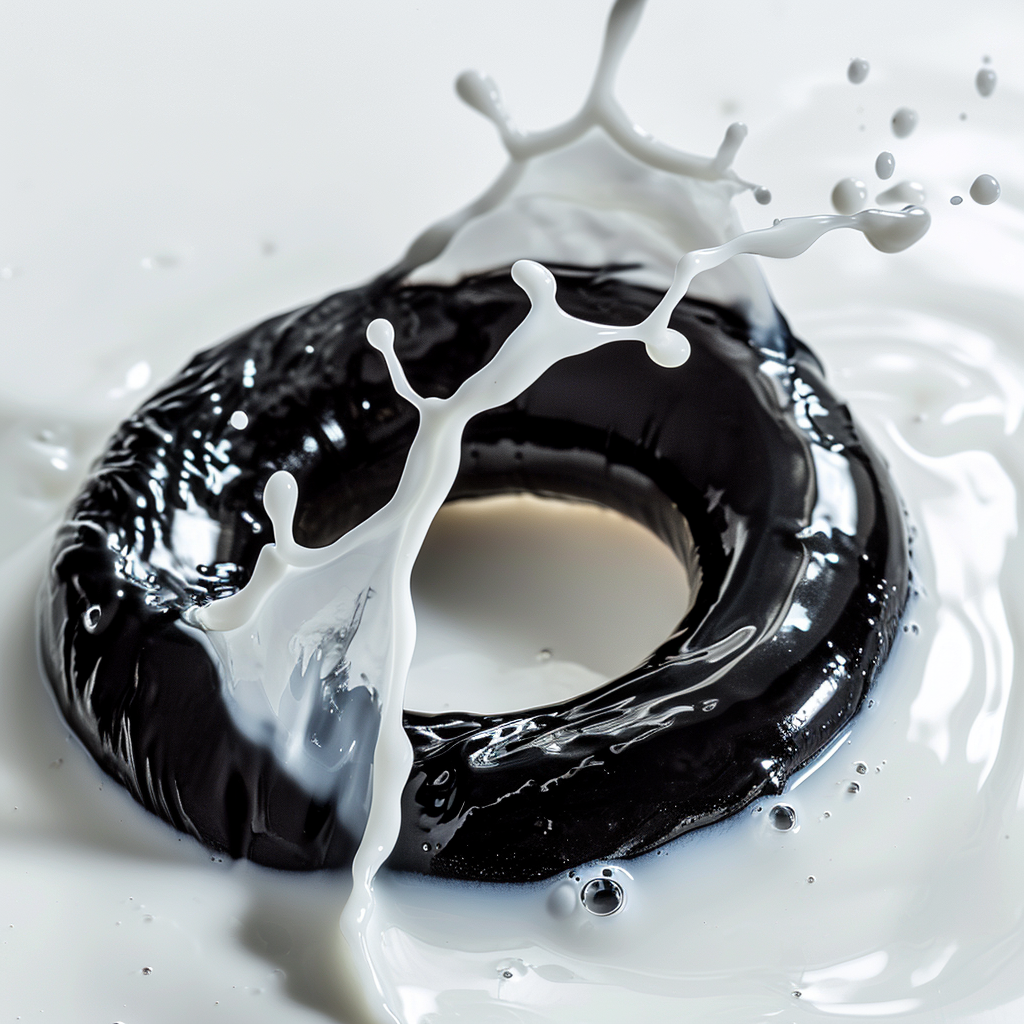
Get A Quote Now!



